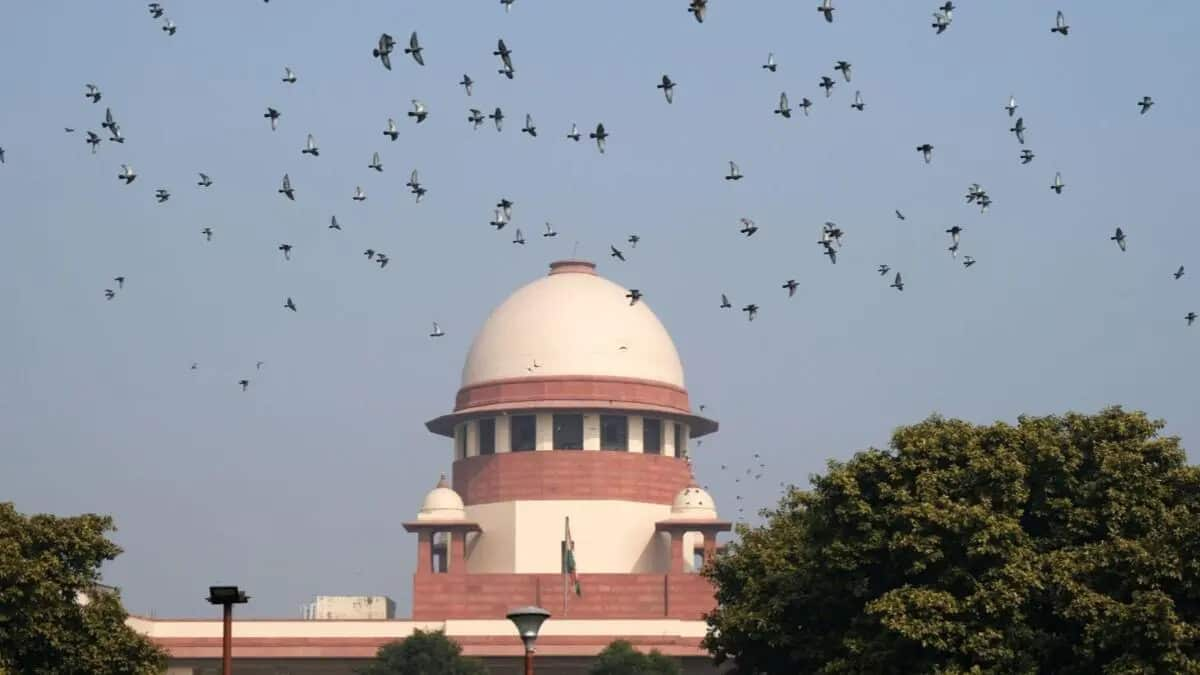
SC upholds 'secular, socialist' in Constitution's Preamble
What's the story
The Supreme Court on Monday dismissed a bunch of petitions challenging the addition of the words "socialist" and "secular" in the Preamble to the Constitution. The words were added by the 42nd Constitutional Amendment in 1976. A bench headed by Chief Justice of India Sanjiv Khanna reiterated Parliament's power to amend the Constitution under Article 368, as long as such amendments don't violate its basic structure.
Legal arguments
Petitioners question legitimacy of 1976 Parliament
The petitions were filed by former Bharatiya Janata Party parliamentarian Subramanian Swamy, social worker Balram Singh, and advocate Ashwini Upadhyay. They contended that the framers of the Constitution deliberately omitted these terms during Constituent Assembly debates. The petitioners also challenged the legitimacy of the 1976 Parliament, which functioned during an Emergency with an extended tenure.
Amendment power
Court reaffirms Parliament's authority to amend Preamble
Advocate Vishnu Shankar Jain, appearing for Singh, argued the Lok Sabha's extended tenure was for emergency needs, not constitutional amendments. Swamy argued these terms should be recognized as later additions to maintain consistency with the original Preamble. Upadhyay clarified his objection was to their inclusion process during the Emergency, which he termed "illegal." The bench rejected these arguments, emphasizing Parliament's authority under Article 368 extends to amending the Preamble.
Term clarification
Court's interpretation of 'socialism' and 'secularism'
The court observed that socialism in India means a welfare state and doesn't contradict private sector growth. It said, "Socialism in India is about equitable distribution of resources and equality of opportunity." On secularism, it emphasized India's distinct understanding mandating equal respect for all religions. The court cited the SR Bommai case (1994), reiterating secularism as part of the Constitution's basic structure.
Legislative legitimacy
Emergency-era legislative actions upheld by court
The bench rejected the argument that legislative actions during the Emergency were illegitimate for constitutional amendments. It said, "Legislative actions taken during the Emergency cannot be annulled solely because they were enacted under an extended Lok Sabha." The court emphasized that the amendment has faced rigorous judicial scrutiny and legislative endorsement in the decades since its enactment.